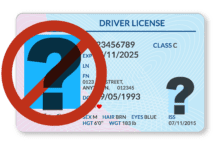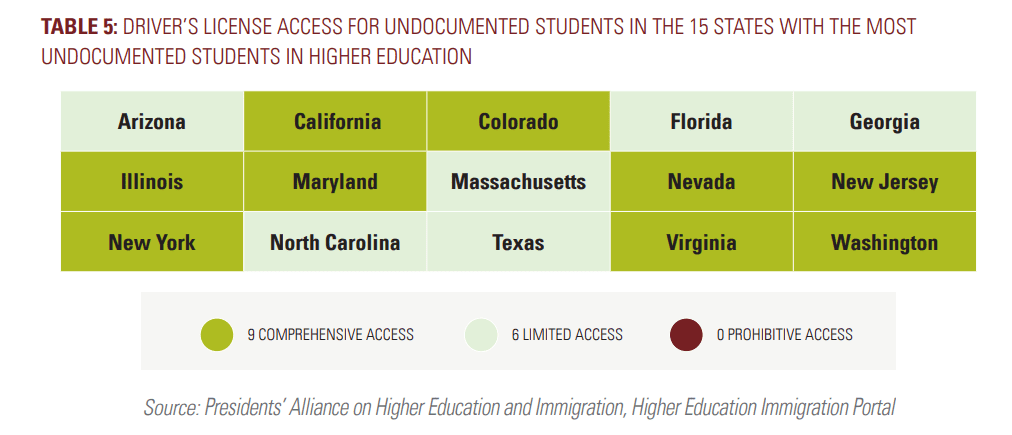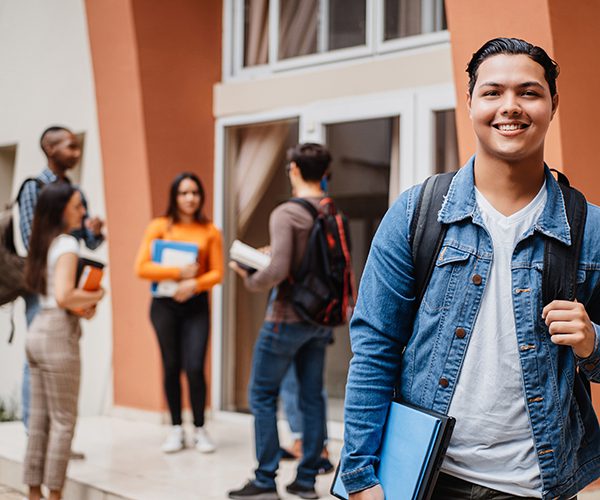The Problem: Not All Undocumented Students Have Access to Professional Licenses
While analyzing state licensing policies, Ed Trust researchers also found that some states block many undocumented immigrants from obtaining professional and commercial licenses, which are often needed to practice law or medicine, for example, or to become a barber, cosmetologist, electrician, funeral director, mental-health practitioner, nurse, plumber, teacher, or welder. In fact, eight of the 15 states examined prohibit or do not affirmatively allow undocumented individuals to obtain any professional or commercial licenses.
State policies prohibiting undocumented people from obtaining a professional or commercial license may prevent an undocumented student from working in their chosen field, even if they obtain a degree in it. Such policies are shortsighted since empowering undocumented students to meet their career goals benefits them individually and bolsters their families and local communities. What’s more, allowing these individuals to earn professional and commercial licenses could help address worsening labor shortages in critical fields like teaching, nursing, and caregiving. While 71,000 DACA recipients currently work in those fields, many DACA recipients and undocumented individuals are barred from them, due to myopic licensing policies in some states. The Bureau of Labor Statistics estimates that, as of July 2022, there were nearly 2.2 million open jobs in the education and health-services sectors — that’s about twice as many as five years ago. And as the U.S. population skews increasingly older, demand will only increase in fields like healthcare.
Jessica Astudillo — a DACA recipient who has lived in the U.S. since she was two — is a pediatric medical resident facing an uncertain future due to her immigration status and New York’s restrictions on professional and commercial licenses.
In 2016, the New York Board of Regents adopted regulations that allow DACA recipients to obtain professional licenses, provided they meet all other requirements for licensure besides citizenship. Unfortunately, litigation and ongoing legal attacks on DACA are leaving the future of the program and its recipients up in the air. DACA was never intended to be a permanent solution to protect undocumented youth and should the program end, Jessica would no longer be able to practice as a pediatrician in New York. Despite having a medical degree, Jessica would be unable to renew her physician’s license unless the state passes legislation that opens professional licensure to all residents.








